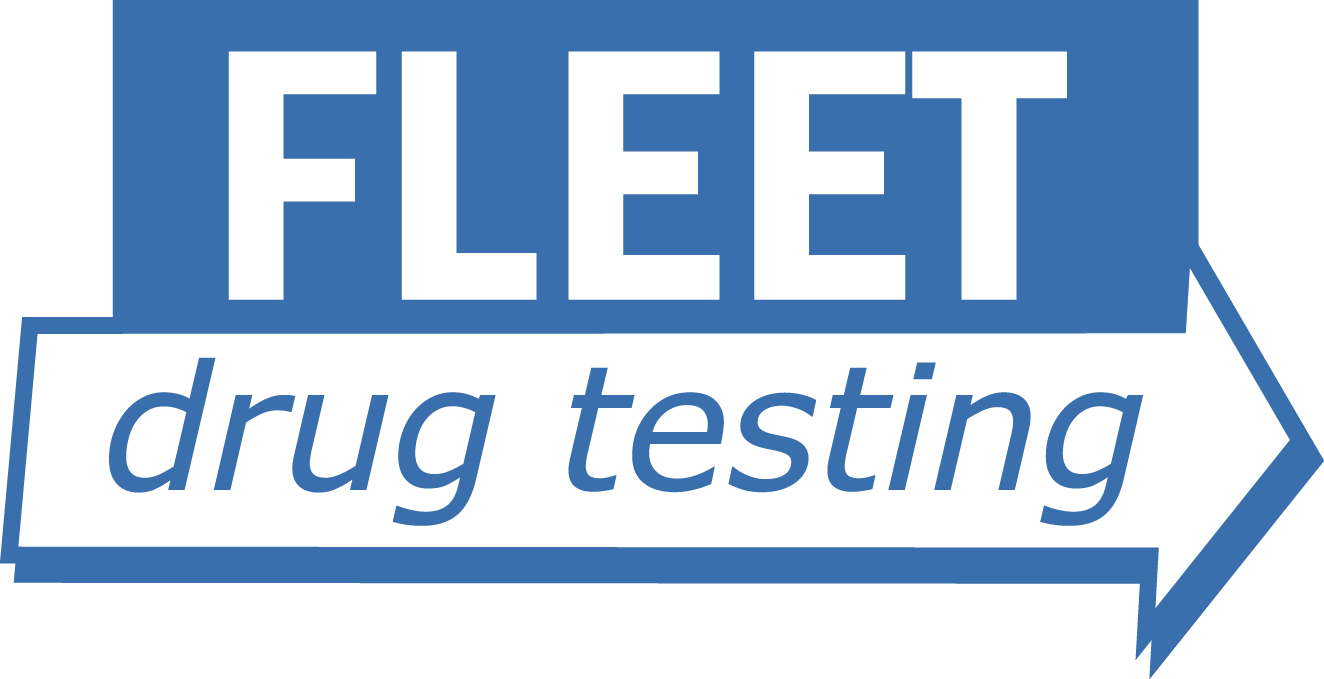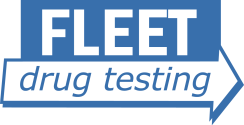Fleet FMCSA Drug Testing
Simple. Safe.
DOT-Compliant
DOT-Compliant Drug & Alcohol Testing, Consortium and Clearinghouse:
DOT Drug Testing Locations in Oregon Near You
Your One-Stop Solution for:
ENROLL in our DOT FMCSA testing program to assure compliance.
No matter where you are, there’s a testing location nearby ready to serve you.

DOT Compliant Drug and Alcohol Testing Services for CDL Drivers
Whether you’ve just obtained your CDL license or are an employer with new drivers, you must comply with DOT/FMCSA Drug and Alcohol Testing rules and regulations
Owner-operators or “for hire” CDL license holders are required to undergo testing through a Third-Party Administrator (C/TPA) such as Fleet Drug Testing before driving a commercial vehicle. They are not permitted to manage testing themselves.
At Fleet Drug Testing we manage everything for you. Simply enroll into our FMCSA drug & alcohol testing consortium and we will ensure your DOT testing requirements are fulfilled in a cost-effective manner.

FMCSA Drug Testing Requirements for Owner-Operator ("For Hire") CDL Drivers
If you’ve just obtained your CDL license and intend to work as a “for hire” driver, you must undergo pre-employment testing before operating a commercial vehicle.
FMCSA regulations also require you to enroll in a drug and alcohol testing consortium and participate in its random testing pool.
Meeting these requirements is as simple as joining our testing program. We offer enrollment into a consortium which simplifies the compliance process by providing pre-employment testing, random testing and more. This ensures that all FMCSA testing requirements are met in a cost-effective and efficient manner.

FMCSA Drug Testing Requirements for Employers
As per the FMCSA, CDL employers are required to implement a drug and alcohol testing program for their drivers. This includes conducting pre-employment, random, post-accident, reasonable suspicion, return-to-duty, and follow-up testing.
Employers are also required to provide educational materials and training on drug and alcohol misuse for drivers. Records of the testing program must be maintained and made available to the FMCSA upon request.
We offer comprehensive services to help trucking and other CDL employers fulfill these FMCSA requirements. From random testing selection, sample collection, testing, record keeping, and reporting we ensure compliance in a cost-effective and efficient manner.
Enroll Now. DOT Compliant Drug & Alcohol Testing Consortium Prices
DOT COMPLIANT
ENROLLMENT-
Certificate of Enrollment
-
Online Access to Your Account
-
Medical Review
-
Nationwide Collection Sites
Additional Drivers ($10 each)
Pre-Employment Drug Testing ($60 each)
DOT COMPLIANT
ENROLLMENT & TESTING-
Certificate of Enrollment
-
Online Access to Your Account
-
Medical Review
-
Nationwide Collection Sites
-
Pre-Employment Drug Test
-
Random Drug Testing
Add Additional Drivers ($100 each)
ONLINE
SUPERVISOR TRAINING-
Supervisor Role Training
-
Alcohol & Drug Test Training
-
Training Certificate
Questions? Give us a call at (888) 709-5029, M-F 8am to 5pm (PDT)
We Provide and Manage All Federally Mandated Testing Requirements:

Pre-Employment Drug Testing
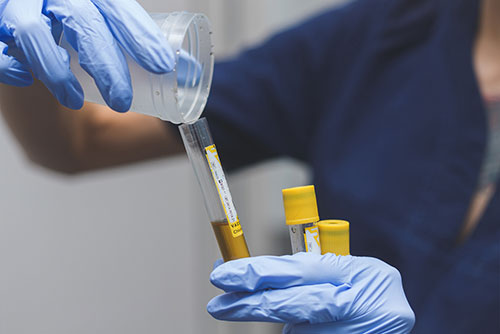
Random Drug and Alcohol Testing
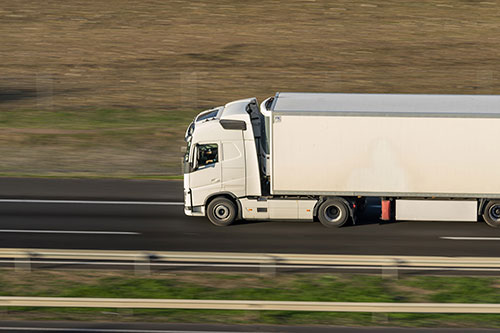
Post-accident Drug and Alcohol Testing
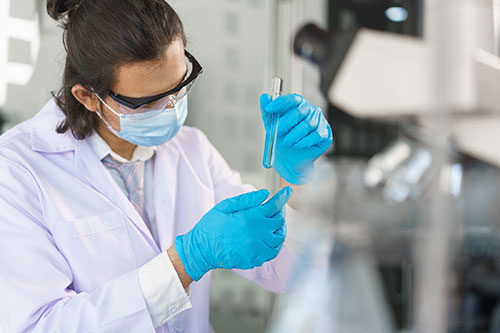
Reasonable Suspicion Drug and Alcohol Testing

Return-to-Duty Drug and Alcohol Testing
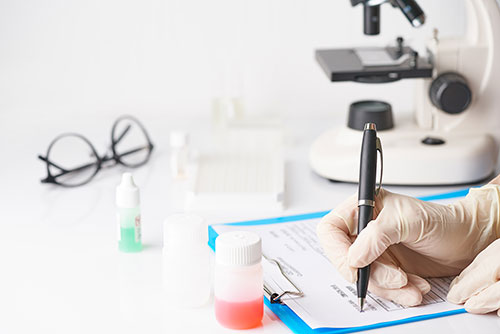
Follow-up Drug and Alcohol Testing
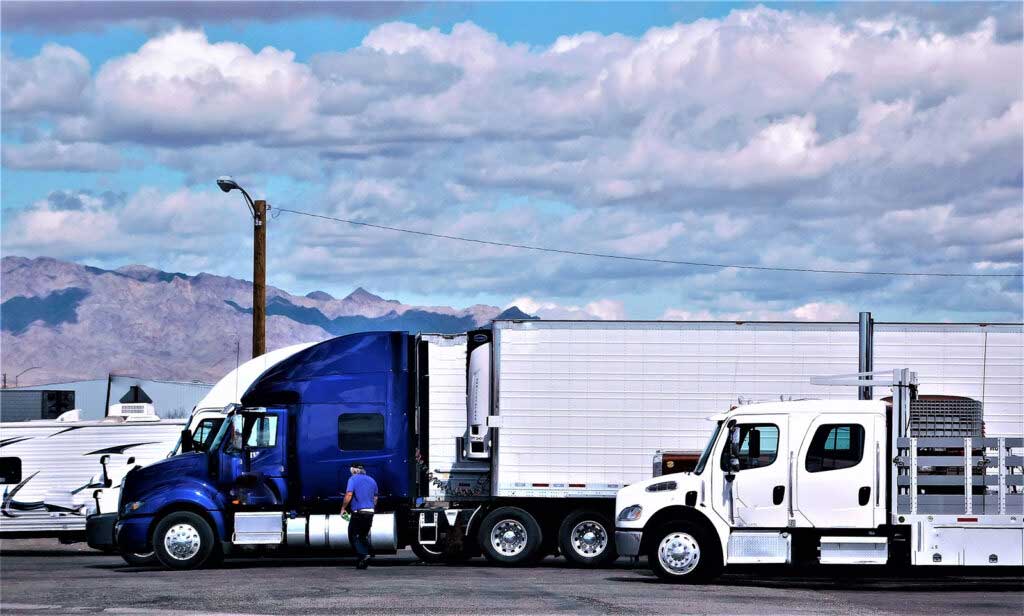
Stay Compliant the Easy Way
As any trucking company, commercial driving company or owner-operator is subject to DOT regulations, participating in our DOT drug & alcohol testing consortium can provide you with several benefits, such as:
- Simplify the drug testing process – Our drug testing consortium can handle all aspects of the drug testing process, including specimen collection, laboratory testing, and result reporting. This can simplify the process for owner-operators and ensure compliance with DOT regulations.
- Reduce costs – By pooling resources with other companies and owner-operators, consortium members can benefit from reduced drug testing costs. Our consortium can also negotiate lower rates with testing facilities and pass those savings on to our members.
- Ensure compliance – Probably the biggest benefit to our drug testing consortium is that it can help ensure compliance with all DOT drug and alcohol testing regulations. This can include providing guidance on testing frequency, ensuring proper specimen collection procedures, and maintaining accurate records. All of these are vital for single-vehicle owner-operators.
- Provide expert support – The staff of our drug & alcohol testing consortium can provide expert support and guidance on all aspects of the drug testing process. This can include answering questions about testing requirements, providing training on drug and alcohol testing procedures, and helping owner-operators navigate any compliance issues.
- Increase accountability – Our consortium members are held accountable for complying with DOT drug and alcohol testing regulations. This can help ensure a level playing field for all owner-operators and reduce the risk of non-compliance.
Get DOT Compliance Drug Testing
Fill out this form and a member of our team will reach out shortly.
"*" indicates required fields
Requirements of the DOT’s Drug Testing Program
As the main federal agency responsible for ensuring the safety and efficiency of the transportation industry nationwide, the DOT sets safety standards and regulations for all modes of transportation and oversees the development and maintenance of the nation’s transportation infrastructure. A major part of these regulations is the DOT’s drug and alcohol testing program for all “safety-sensitive” employees like drivers, pilots, conductors, and engineers. The DOT sets these drug testing regulations because of the impact these employees can have on the safety of everyone they share the road or air with. Under the DOT’s drug testing program, these employees are tested at the following intervals:- Pre-employment – All new employees must undergo drug testing before they can perform safety-sensitive duties.
- Random testing – Random drug testing must be conducted throughout the year for employees performing safety-sensitive duties. The number of random tests conducted each year varies depending on the specific DOT agency.
- Post-accident – Drug and alcohol testing is required for employees involved in accidents that meet certain criteria, such as fatalities, injuries requiring medical attention, or damage to vehicles requiring towing.
- Reasonable suspicion – Employers are required to conduct drug and alcohol testing if they suspect an employee is under the influence of drugs or alcohol. It can be based on a variety of factors, like slurred speech or bloodshot eyes.
- Return-to-duty – Employees who test positive for drugs or alcohol must undergo a return-to-duty drug test before they can perform safety-sensitive duties again.
- Follow-up testing – Employees who have tested positive for drugs or alcohol must undergo follow-up drug testing after their return to work for a period of time. Once the employee has completed the follow-up drug testing requirements, they may be allowed to return to their job duties.
How Are DOT Drug Tests Conducted?
The main method of testing the DOT requires is through a urine test, which is conducted according to specific procedures and protocols set forth by the DOT to ensure consistency and accuracy of results. Generally speaking, the process for a DOT drug test is as follows:- Notification – The employee is notified that they have been selected for a drug test and are provided with information about the testing process, including how to prepare for the test.
- Collection Site – The employee is directed to a designated collection site, where they will present a photo ID and complete the necessary paperwork.
- Collection Process – A trained collector will supervise the collection of the employee’s urine or other bodily fluids. The employee must provide a sufficient sample for testing and follow strict guidelines to ensure the integrity of the sample.
- Laboratory Testing – The sample is sent to a certified laboratory for testing. The laboratory tests the sample for a range of drugs, including marijuana, cocaine, opiates, amphetamines, and phencyclidine (PCP).
- Medical Review Officer (MRO) Review – If the test results are positive, a Medical Review Officer (MRO) reviews the results to determine if there is a legitimate medical explanation for the positive result. The employee may be subject to disciplinary action if there is no medical explanation.
- Reporting – The laboratory reports the results to the employer or designated DOT agency. The employer is responsible for notifying the employee of the test results and any necessary actions.
Benefits and Drawbacks of DOT Drug Testing
Like any part of your business, there are benefits and drawbacks to the drug testing requirements set by the DOT. First and foremost, it’s important to remember that these regulations are mandatory. This means that no matter how beneficial or unfavorable you think they are, you have to comply with them to stay in business. That said, it can be helpful to look at some of the benefits and drawbacks of DOT drug testing.Benefits
- Enhances safety
- Promotes compliance
- Protects your company’s reputation
- Keeps your employees healthy
Drawbacks
- Costs prohibitive
- Can disrupt operations
- False positives or other inaccurate results can hurt productivity
- Drug testing can be invasive and may violate the privacy of your employees
